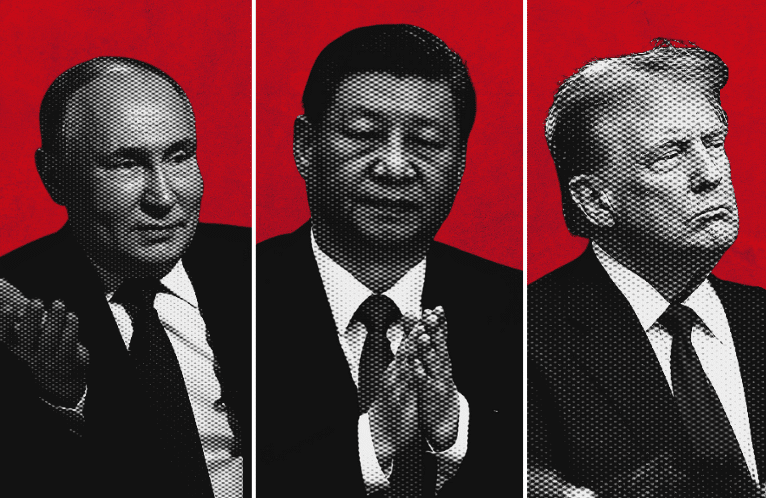2016 U.S.-China Public Perceptions Snapshot Survey
A new survey conducted by the Committee of 100 (C-100) – a non-profit organization of prominent Chinese American leaders from politics, business, media and entertainment, and academia – underscores that Americans view cooperation between the two countries as critical and recognize the benefits of increased trade and investment. Americans are, however, skeptical of China’s economic, military, and political intentions.
The aim of C-100’s survey is to determine American attitudes toward China, including those of Chinese Americans, to foster a more fact-based dialogue within and between the two countries.
The snapshot survey was also conducted to ensure the topics discussed at C-100’s upcoming Annual Conference are grounded in data to encourage a constructive, fact-driven conversation.
Key highlights:
- The survey found that views of China as a partner to the U.S. are at an all-time high since this question was first asked in 2007. Specifically, nearly two in three Americans (63%) say China is a very important partner to the U.S.
- Favorable views of China are similarly at an all-time high –57% say they have a favorable impression, while 43% hold unfavorable views.
- The partnership between the two countries is, however, grounded in limited trust: three in four Americans (75%) call China a serious or potential economic threat. More than three in four Americans (77%) call China a serious or potential military threat.
“The American understanding of the U.S.-China relationship is being undermined by distrust and miscommunication. These findings clearly show that there has never been a more important time for C-100 to promote cross-cultural understanding,” said C-100 spokesperson Frank Wu. “C-100 is proud to have led this unique survey since 1994. This ongoing effort is a testament to the organization’s mission to improve the quality of the dialogue about U.S.-China issues. We are excited to share this survey and discuss its findings during our upcoming Annual Conference to drive a fact-based conversation,” Wu added.
Other findings from the survey include:
- Concerns about cybersecurity have tripled since 2012.Americans consider cybersecurity (30%) to be as pressing of a concern as U.S. job loss (34%) and the trade deficit (31%). Cybersecurity is also seen as the most likely source of conflict between the U.S. and China.
- Concerns about discrimination remain an issue for Chinese Americans. Three in four (76%) Chinese Americans say that their community faces discrimination at work. Two in five (41%) Americans say that Chinese and Chinese American government employees and private sector researchers and scientists pose a security risk to the U.S.
- Chinese investment in the U.S. is cautiously welcomed.Nearly 70% of Americans say the U.S. should encourage Chinese investment. However, nearly half (48%) believe that these deals are politically motivated and designed to increase China’s influence over the U.S.
- Support for investment becomes more mixed when looking at specific industry sectors. For example, 42% have a negative impression of Chinese investment in Hollywood’s film industry. 25% say they worry about content control when Chinese investors are involved.
- Americans are less optimistic that China’s economic development will lead to social and political change in China. 29% strongly agree that social change will occur, down 20 points from C-100’s 2012 survey. 26% believe political change will occur, down 22 points from 2012.
- Despite these challenges, both the U.S. and China receive credit for improving bilateral relations. 43% say the U.S. government has done an excellent or good job in improving relations, up 13 points from C-100’s 2007 survey. 35% say the Chinese government has done an excellent or good job, up 10 points from 2007.
The survey findings demonstrate that improving international diplomacy through education and leadership initiatives will help build trust. This conversation will continue at C-100’s 26thAnnual Conference, which begins on Saturday, April 16 in Beverly Hills, California.
Apr. 13, 2016 on Committee of 100
Read more here








